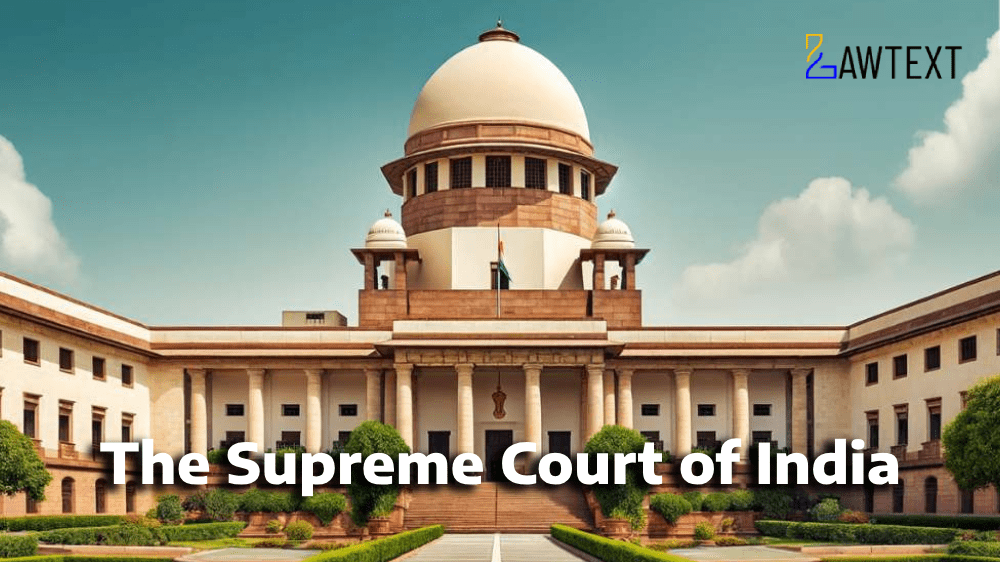

Preventive Detention and Bail Conditions: The detaining authority must consider the efficacy of bail conditions imposed by the court before ordering preventive detention. Failure to do so vitiates the detention order (Paras 14, 19, 21).
Non-Application of Mind: A detention order must be based on proper application of mind, and any failure to consider relevant factors, such as bail conditions, renders the order invalid (Paras 15, 19).
Live Link Requirement: References to prior offences without a live link to the current detention order cannot be grounds for preventive detention (Paras 10, 16).
Judicial Review of Subjective Satisfaction: While courts cannot substitute their reasoning for the subjective satisfaction of the detaining authority, they must ensure that the authority has considered all relevant factors (Paras 15, 17).
The Supreme Court set aside the detention order, holding that the detaining authority failed to consider the efficacy of the bail conditions imposed by the jurisdictional Magistrate. The Court emphasized that preventive detention orders must be scrutinized closely, especially when bail conditions are in place to prevent further offences. The detention order was found to be silent on whether the bail conditions were insufficient to restrain the detenu from engaging in smuggling activities (Paras 19, 21, 22).
The Court held that “preventive detention laws—an exceptional measure reserved for tackling emergent situations—ought not to have been invoked in this case as a tool for enforcement of ‘law and order’” (Para 18).
The Supreme Court allowed the appeal, set aside the detention order, and directed the release of the detenu, emphasizing the importance of liberty and the need for careful scrutiny of preventive detention orders.
Major Acts:
Constitution of India, 1951 (COI) – Articles 14, 19, and 21.
Conservation of Foreign Exchange and Prevention of Smuggling Activities Act, 1974 (COFEPOSA Act) – Section 3(1).
Narcotic Drugs and Psychotropic Substances Act, 1985 (NDPS Act) – Section 3.
Customs Act, 1962 – Section 108.
Subjects:
Preventive detention – Non-application of mind – Bail conditions – Smuggling activities – Live link – Judicial review – Subjective satisfaction – Liberty – COFEPOSA Act – NDPS Act – Customs Act.
Facts:
Nature of the Litigation: The appellant, Joyi Kitty Joseph, challenged the preventive detention order issued against her husband under the COFEPOSA Act, 1974, alleging smuggling of foreign gold.
Who is asking the court and for what remedy? The appellant sought the release of her husband, arguing that the detention order was passed without proper consideration of bail conditions and lacked a live link to the alleged offences.
Reason for filing the case: The appellant contended that the detention order was based on non-application of mind, as the detaining authority failed to consider the bail conditions imposed by the jurisdictional Magistrate.
What has already been decided until now? The High Court had upheld the detention order, rejecting the appellant’s contentions.
Issues:
Whether the detention order was passed without proper consideration of the bail conditions imposed by the jurisdictional Magistrate?
Whether the reference to a prior narcotics case under the NDPS Act vitiated the detention order under the COFEPOSA Act?
Whether the detaining authority’s failure to consider the application for cancellation of bail rendered the detention order invalid?
Submissions/Arguments:
Appellant:
a. The detention order was passed without considering the stringent bail conditions imposed by the Magistrate, which were sufficient to prevent further smuggling activities (Paras 14, 19).
b. The reference to a prior narcotics case under the NDPS Act had no live link to the current detention order and was irrelevant (Paras 10, 16).
c. The detaining authority failed to consider the application for cancellation of bail, which was a vital document (Paras 12, 19).
Respondents:
a. The detention order was based on subjective satisfaction of the detaining authority, which should not be interfered with by the courts (Paras 15, 17).
b. The detenu was a habitual offender involved in a well-organized smuggling syndicate, justifying preventive detention (Paras 6, 9).
Latin Terms:
Per incuriam: A judgment rendered without consideration of a relevant statutory provision or precedent (Para 17).
Sentinel on the qui vive: A vigilant guardian (Para 13).
Citation: 2025 LawText (SC) (3) 61
Case Number: [Criminal Appeal No.________ of 2025 @ SLP (Crl.) No.16893 of 2024]
Date of Decision: 2025-03-06
Case Title: Joyi Kitty Joseph Versus Union of India & Ors.
Before Judge: [Sudhanshu Dhulia J. , K. Vinod Chandran J.]
Appellant: Joyi Kitty Joseph
Respondent: Union of India & Ors.